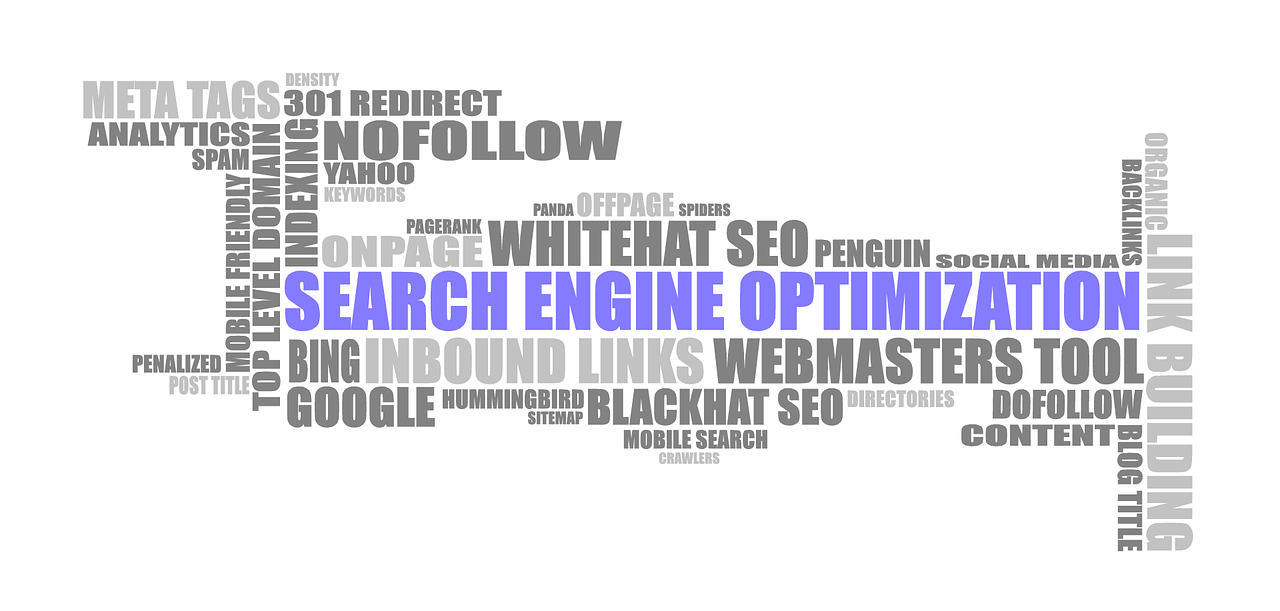Understanding domain authority: What it is and why it matters
|
IN BRIEF
|
Domain authority> is a critical metric in the realm of SEO>, serving as a predictor of a website’s ability to rank on search engine results pages. It is influenced by various elements, including backlinks, page authority, and the overall quality of content. Understanding domain authority is essential for anyone looking to enhance their website’s search engine rankings. A higher domain authority can lead to increased credibility and visibility, ultimately driving more organic traffic. By grasping the significance of this metric, webmasters and marketers can implement effective SEO strategies to boost performance and reach their target audience more effectively.

Understanding Page Authority and Its Impact on SEO
Page Authority (PA) is a crucial metric that determines how well a specific page on your website is likely to rank on search engine results pages (SERPs). Developed by Moz, Page Authority scores range from 1 to 100, with higher scores indicating a greater ability to rank. Several factors influence PA, including the quality and quantity of backlinks pointing to the page, the relevance of the content, and the overall trustworthiness of the domain. For instance, a well-optimized article that receives a significant number of high-quality external links from reputable websites will generally have a high Page Authority, increasing its likelihood of being featured prominently in search results.
Additionally, understanding the interplay between Page Authority and other metrics such as Domain Authority and search engine rankings can provide deeper insights into your website’s performance. Knowing how to effectively improve PA involves creating quality content that resonates with users and encourages organic backlinks, which, in turn, enhances #SEO efforts and results in a more credible online presence. By maintaining these standards, website owners can boost both visibility and traffic, reinforcing the importance of understanding Page Authority in today’s competitive digital landscape.

Understanding Page Authority and Its Impact on SEO
Page authority is a metric that predicts how well a specific page will rank on search engine results pages (SERPs). It is determined by various factors, with link juice playing a crucial role. Link juice refers to the value or equity a link passes from one page to another. When high-authority pages link to your content, they boost your page’s authority, which can significantly enhance your visibility on search engines. Research shows that pages with higher authority tend to rank better, making it essential to focus on enhancing your page authority through effective SEO strategies.
Moreover, the importance of external links cannot be overstated in boosting page authority. They lend credibility to your content and signal to search engines that your page is a reliable source of information. Studies indicate that websites with a strong portfolio of external links tend to see improved search rankings. Therefore, focusing on cultivating backlinks, especially from reputable sources, is vital for improving your page’s performance in search results. The importance of backlinks in search engine ranking speaks volumes about the value they bring to your website’s SEO.
Understanding the factors influencing search engine rankings is crucial for any website owner. Pages with optimized content and well-structured metadata are more likely to perform better. Keyword research plays a significant role here; implementing relevant keywords can help capture the right audience. It’s essential to research both long-tail and short-tail keywords to ensure a comprehensive approach to driving organic traffic and improving overall SEO efficacy.
It is also essential to grasp the concept of link juice further, as it affects not just your page authority but also how your entire domain is perceived. When various pages within your own website link to one another effectively, it helps distribute link equity, which in turn, enhances your site’s SEO potential. Understanding these mechanisms is vital for developing a successful strategy. A thorough exploration of how link juice works can be accessed in this guide that reveals the intricacies of linking practices.
Understanding Page Authority and Its Impact on SEO
The Core Components of Page Authority
When examining page authority, it is essential to like its influence on overall SEO performance. Page authority is determined by various factors, including the number of backlinks a webpage receives and the quality of those links. This signifies that pages with higher authority are more likely to rank well in search engine results, enhancing visibility and attracting organic traffic.
Moreover, understanding page authority can lead to more effective keyword research. For instance, targeting keywords that align with high-authority pages can further improve your rankings and visibility.
- The number of referring domains significantly affects page authority.
- Domain authority can be influenced by the overall strength of the linking site.
- Content quality and relevance play crucial roles in boosting authority.
- Regularly updating content can positively impact both page and domain authority.
The interplay between link juice and page authority deserves attention as well. Link juice refers to the value passed from one page to another through backlinks. A well-structured backlink strategy can enhance your site’s overall authority, thereby elevating your search engine rankings. It’s essential to focus on building strong backlinks to ensure a steady flow of link juice.
Understanding the Importance of Backlinks and External Links
Establishing Authority Through Quality Links
In the realm of SEO, the significance of backlinks and external links cannot be overstated. The right external links can boost your site’s credibility, while quality backlinks from reputable sources enhance your website’s authority. Search engines place substantial value on backlinks as they indicate trustworthiness and relevance.
Focusing on acquiring external links can greatly enhance the reputation of your content, translating into better rankings.
- Quality over quantity: Prioritize obtaining links from authoritative sites.
- Diverse link-building strategies can help maintain a natural link profile.
- Use anchor text strategically to optimize your SEO efforts.
Investing time in understanding the basics of SEO is important for every website owner. Knowledge of SEO fundamentals allows one to navigate various components effectively, leading to improved visibility and engagement.

Understanding Domain Authority and Its Significance
To effectively enhance your website’s performance, it is crucial to comprehend domain authority and its implications for search engine optimization (SEO). This metric reflects the strength of your domain in relation to competitive websites, influencing your site’s likelihood of ranking higher in search results.
Several elements contribute to search engine rankings, which include page authority, the quality of backlinks, and the overall user experience on your site. Page authority specifically gauges the likelihood of a single page ranking well on search engines, which is influenced by the number and quality of incoming links.
Link juice, a term used to describe the value or equity passed from one page to another through hyperlinks, is another essential factor affecting SEO. This is where external links play a significant role; they contribute to your site’s credibility and perceived authority, thereby enhancing your overall search rankings.
Establishing high-quality backlinks is paramount. They not only elevate your SEO but also serve as endorsements from other credible sites, reflecting your site’s reliability and authority in your niche. A well-rounded link-building strategy that emphasizes quality over quantity can significantly impact your position in search results.
Understanding the basics of SEO, including effective keyword research strategies, can also boost website performance. Identifying relevant keywords that resonate with your target audience ensures that your content reaches the right users, driving both traffic and engagement on your site.
In summary, focusing on domain authority, page authority, quality backlinks, and effective keyword strategies is essential for improving your website’s visibility and success in the competitive online landscape.

Domain authority> is a critical metric that defines how well a website is expected to perform in search engine rankings. It is influenced by various factors, including page authority>, backlinks>, and overall website credibility. Recognizing the significance of this metric can drive website owners to enhance their SEO strategies. Understanding the factors that influence search engine rankings> allows for an in-depth approach to optimizing content effectively.
Moreover, comprehending the concept of link juice> is essential as it plays a significant role in distributing the value of links throughout a website. Backlinks are not just crucial for improving your website’s SEO; they also establish a connection between relevant content, enhancing its credibility> to search engines. The reliance on external links> signifies the importance of acquiring quality backlinks as they bolster authority and visibility.
The foundations of SEO> highlight the need for comprehensive keyword research> techniques to target the right audience effectively. By aligning strategies around domain authority and the various contributing factors, website owners can create an advantageous position in the competitive digital landscape.














Post Comment